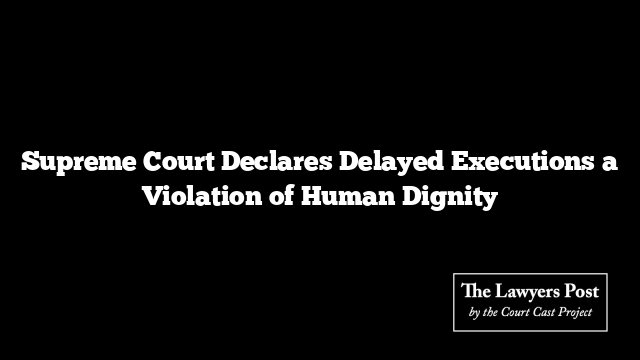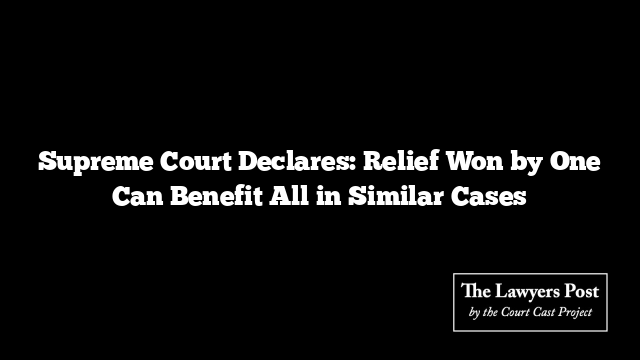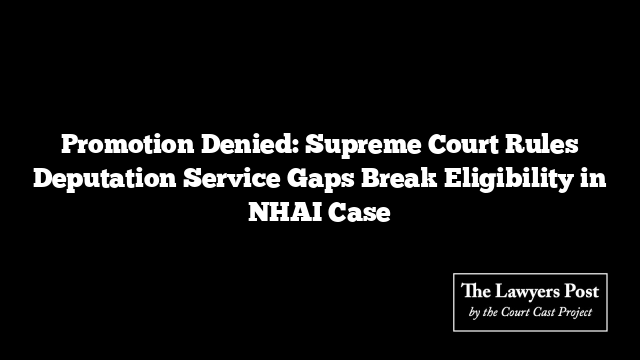The Supreme Court has ruled that excessive delays in executing death sentences, when caused by circumstances beyond the convict’s control, must result in the commutation of the death penalty to life imprisonment. The decision reinforces the constitutional protection of human dignity under Article 21, highlighting the psychological and physical toll of prolonged uncertainty on death row.
The Court stated unequivocally that the right to life and dignity does not cease with sentencing. Any undue delay in execution has a “dehumanizing effect” on prisoners, making the punishment unjust in its application. It clarified that such delays could stem from judicial, administrative, or procedural lapses, and where prisoners are not at fault, the death sentence cannot stand.
Case of Delayed Justice
The judgment came in response to appeals from the State of Maharashtra, which sought to overturn a 2019 Bombay High Court ruling. The High Court had commuted the death sentences of Purshottam Borate and Pradeep Kokade—convicted for the 2007 gang rape and murder of a Pune BPO employee—to life imprisonment with a fixed term of 35 years. The Supreme Court upheld the commutation, citing significant procedural delays that prolonged the convicts’ uncertainty.
Delays and Constitutional Rights
The ruling emphasized that prisoners facing unexplained delays in execution can petition the Supreme Court under Article 32. However, such petitions would only address the impact of delays post-sentencing and not revisit the original judicial findings affirming the death penalty.
Highlighting the agonizing effect of prolonged consideration of mercy petitions by governors or the President, the Court deemed such delays a breach of Article 21. “The psychological and physical stress inflicted on a convict awaiting an uncertain fate violates basic human dignity,” the Court observed.
Guidelines for Prevention
To ensure timely administration of justice, the Court outlined responsibilities for both the judiciary and the executive:
- Sessions Courts: Prompt issuance of execution warrants under procedural law to avoid prolonged anguish for convicts.
- Executive Authorities: Expedited processing of mercy petitions, including forwarding documents swiftly to governors or the President.
- High Courts: Invoked under Article 226 to address undue delays, applying principles consistent with those outlined by the Supreme Court.
The ruling further underscored the need for case-specific assessments of delay, stating that a universal timeframe for “inordinate” delay cannot be imposed.
This landmark judgment reinforces the principle that even the gravest penalties must align with the fundamental tenets of justice, dignity, and humanity.





